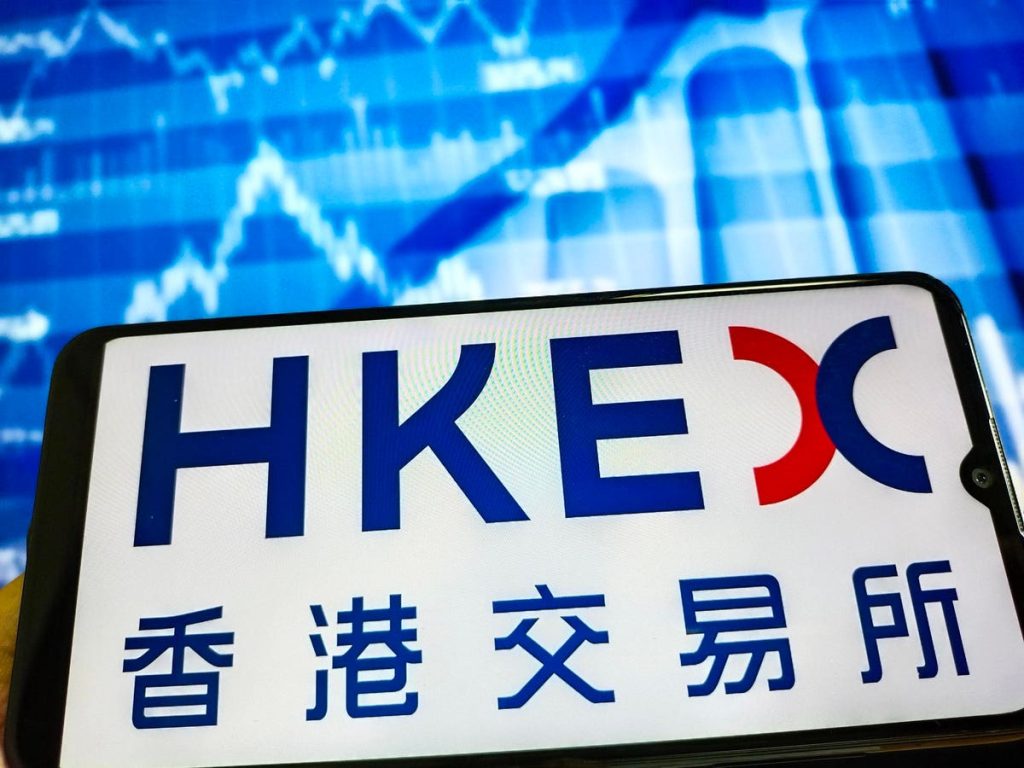The Stock Exchange of Hong Kong Limited has announced the adoption of climate-related disclosures under its environmental, social, and governance framework, with new regulations requiring the disclosure of Scope 1 and Scope 2 greenhouse gas emissions beginning on January 1, 2025. This move comes amidst a global push to expand financial reporting requirements to include sustainability and other ESG issues, driven by international organizations, fund managers, and the market. However, the rapid rise in ESG reporting has led to inconsistencies and potential legal implications due to outgrowing existing regulatory schemes.
At the 2021 United Nations Climate Change Conference, the International Financial Reporting Standards Foundation introduced the International Sustainability Standards Board, which has spent two years drafting sustainability disclosure standards. The resulting IFRS Sustainability Standards, consisting of IFRS S1 and IFRS S2 reporting tiers, were released in June 2023 and went into effect on January 1, 2024. These standards focus on a company’s governance, strategy, risk management, and metrics and targets related to sustainability and climate.
The IFRS S1 and S2 standards include specific climate-related disclosures, with a focus on reporting GHG emissions categorized into Scope 1, Scope 2, and Scope 3 emissions. Scope 1 emissions are those directly controlled by the company, while Scope 2 emissions are indirect emissions related to purchased or acquired electricity, steam, heating, or cooling. Scope 3 emissions cover 15 categories, with the most significant being purchased goods and services. These standards aim to enhance transparency and accountability regarding a company’s environmental impact.
Following a review of 115 responses, the Stock Exchange of Hong Kong Limited announced the adoption of New Climate Requirements based on IFRS S2 with references to S1. The new requirements will mandate the disclosure of Scope 1 and Scope 2 GHG emissions starting on January 1, 2025. In terms of Scope 3 emissions, large-cap issuers will have the option to comply or explain for 2025, with mandatory reporting coming into effect on January 1, 2026. Main Board issuers will have optional Scope 3 reporting under a comply or explain standard, while it will be voluntary for GEM issuers.
The HKEX New Climate Requirements offer a different approach compared to other major jurisdictions. For example, the EU’s European Sustainability Reporting Standards (ESRS) require Scope 3 reporting for all entities, while the U.S. Securities and Exchange Commission’s Climate-Related Disclosure Rule made Scope 3 optional based on a materiality assessment. The SEC rule has faced delays due to legal challenges, highlighting the complexity and evolving nature of climate-related disclosures in the financial reporting landscape.
Overall, the adoption of climate-related disclosures by the Stock Exchange of Hong Kong Limited marks a significant step towards enhancing transparency and accountability regarding corporate environmental impact. The move aligns with global efforts to expand financial reporting requirements to include sustainability and ESG issues, driven by international organizations, fund managers, and the market. By implementing the IFRS Sustainability Standards and requiring the disclosure of GHG emissions, Hong Kong joins a growing list of jurisdictions committed to addressing climate change through improved reporting standards and practices.


